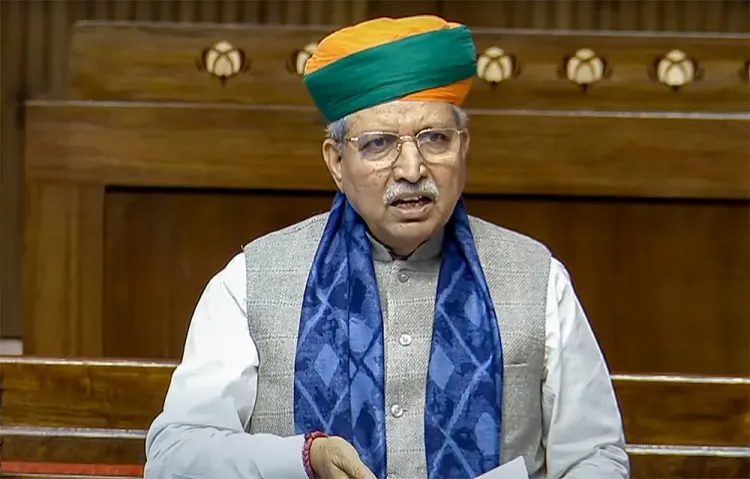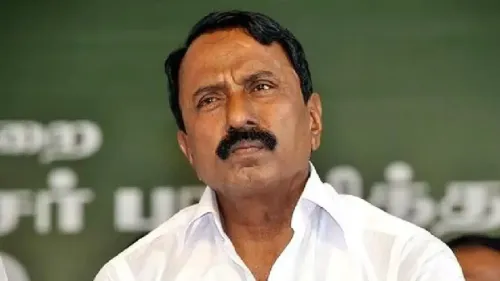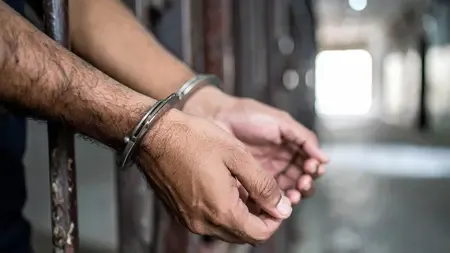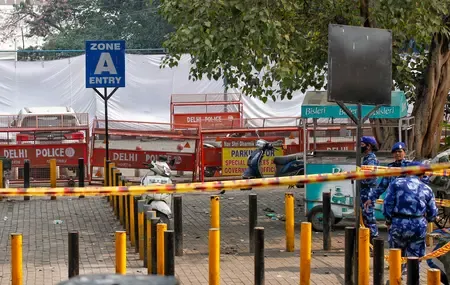Nirbhaya Fund: Fast Track Courts Resolve 2.87 Lakh Rape and POCSO Cases in Six Years

New Delhi, Dec 6 (NationPress) The 750 Fast Track Special Courts, which include dedicated POCSO Courts, across the nation have resolved 2.87 lakh cases since their inception after the enactment of the Criminal Law (Amendment) Act, 2018, as informed in the Lok Sabha on Friday.
The Minister of State (Independent Charge) for Law and Justice, Arjun Ram Meghwal, provided this information in a written response in Lok Sabha, stating that the Centrally-sponsored scheme has been extended two times, with the latest extension set to last until March 31, 2026, aiming to establish a total of 790 courts.
According to the data from High Courts, as of October 31, 2024, there are 750 FTSCs, which include 408 exclusive POCSO Courts, operational in 30 States/UTs. These courts have successfully disposed of over 2,87,000 cases by the end of October 2024, as stated by MoS Meghwal in response to queries from Suresh Kumar Kashyap and K. Sudhakar.
Emphasizing the effectiveness of FTSCs in handling rape and Protection of Children from Sexual Offences (POCSO) cases, MoS Meghwal noted that, “The disposal rate of rape and POCSO Act cases in Fast Track Special Courts (FTSCs) markedly surpasses that of standard courts. While regular courts average a disposal rate of 3.26 cases per month, FTSCs manage an impressive 8.01 cases monthly.”
The establishment and operation of FTSCs are funded through the Nirbhaya Fund, which was initiated in response to the Nirbhaya gangrape case in Delhi on December 16, 2012.
The government created this fund to support initiatives aimed at enhancing the safety and security of women, as stated by MoS Meghwal.
Since the fund's inception, the Department of Justice has allocated a total of Rs 1,008.14 crore to various States/UTs to facilitate the smooth operation of these courts, which includes Rs 173.59 crore disbursed in the current fiscal year against a budget allocation of Rs 200 crore.









